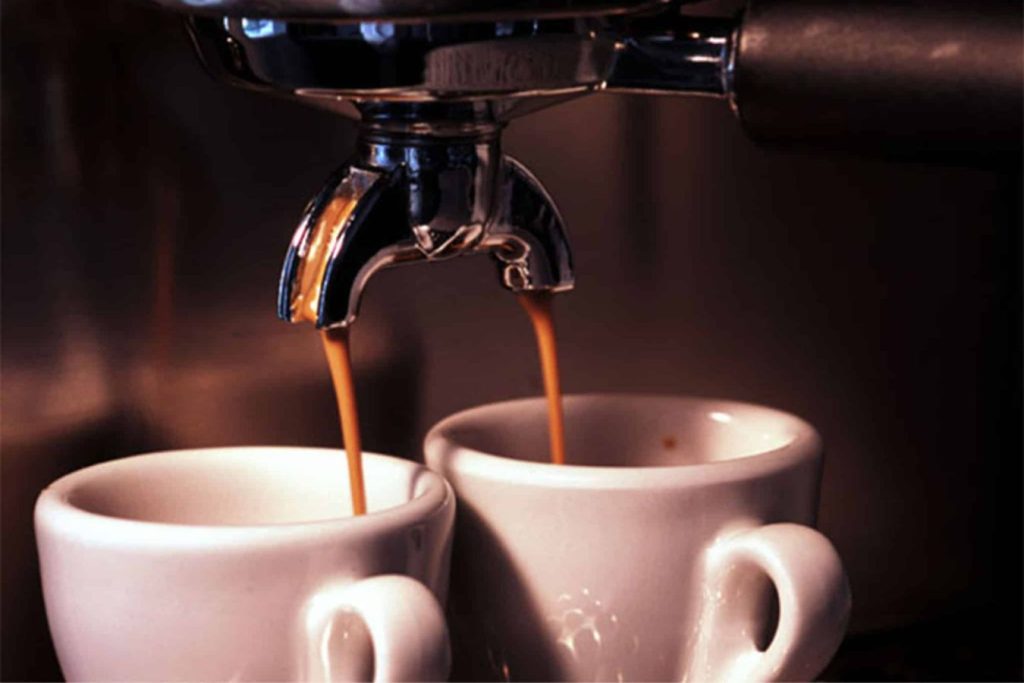Water For Brewing: If you reside in a region with hard water, consider purchasing a small bottle of mineral water to prepare a single cup of coffee. After that, brew another coffee in the same manner, but this time with regular tap water.
The quality difference has astounded anyone who has ever compared the two, from a seasoned coffee taster to a curious novice. Let’s find out with Helena.
Water’s Importance
Water is an important component of a cup of coffee, accounting for roughly 90% of the volume of espresso and 98.5 percent of a cup of filter coffee. If the water doesn’t taste good, to begin with, the cup of coffee won’t either.
And if the chlorine is detectable, the next cup of coffee will be awful. A simple water filter jug with active carbon (such as a Brita filter) often removes unwanted flavors but may not yield the ideal water for brewing coffee.
During brewing, water serves as a solvent, extracting the flavors from the coffee. This is where the water’s quality comes into play, as hardness and mineral content can significantly impact how the coffee brews.
Hardness
The amount of limescale (calcium carbonate) dissolved in the water is measured by water hardness, which is determined by the bedrock in the area. When you heat water, limescale emerges from the solution, forming a chalky white buildup over time.
Those living in challenging water locations experience the hassles of limescale in kettles, showers, and washing machines. The hardness significantly impacts how hot water and ground coffee interact.
More challenging water appears to alter the rate at which the coffee’s solubles dissolve, essentially changing the way the coffee brews chemically. To make a broad statement, a modest harness level is preferable, but anything from mild to hard water brews coffee poorly, yielding a cup deficient in nuance, sweetness, and depth.
Additionally, soft water is essential if you use any coffee machine that heats water, such as an espresso machine or a filter coffee maker. Limescale buildup will cause a device to malfunction quickly, and many manufacturers will consider using hard water to void the warranty.
Mineral Content
Aside from a good flavor and just a little hardness, we don’t want much else in the water, but the relatively low mineral content is desirable. Manufacturers of mineral water are required to list the mineral content on the bottle, and it is usually described as the total dissolved solids (TDS) or the ‘dry residue at 180 °C’ (365°F).
The Perfect Water
The Specialty Coffee Association of America (SCAA) publishes suggested guidelines for the perfect water for coffee brewing. The table below offers a summary.
If you want to understand the quality of your domestic water supply, contact your water supply company or look on its website, as most are obliged to publish data on their water content. If you can’t find this information, buy a water-testing kit from a pet shop (sold for testing the water in fish tanks), giving you accurate readings of the key elements.
Choosing a water
Although all of this information may appear to be overwhelming and complicated, it can be simplified as follows:
- Use tap water if you reside in a region with soft to moderately hard water, but filter it first to improve the taste.
- Bottled water is the best option for brewing coffee if you reside in a region with moderate to hard water. Choose bottled water near the goals above; supermarket own-brand waters have a lower mineral concentration than big-brand waters. While bottled water is not ideal, you must use acceptable water for brewing if you want to get the most out of your coffee.

